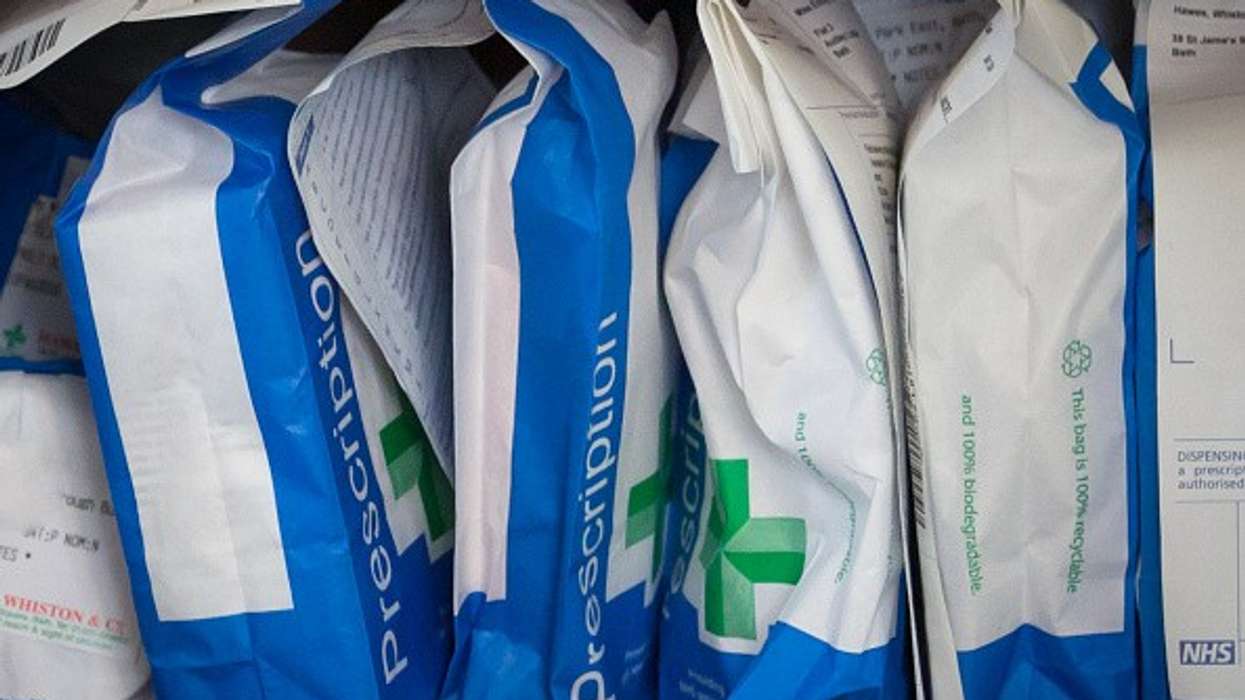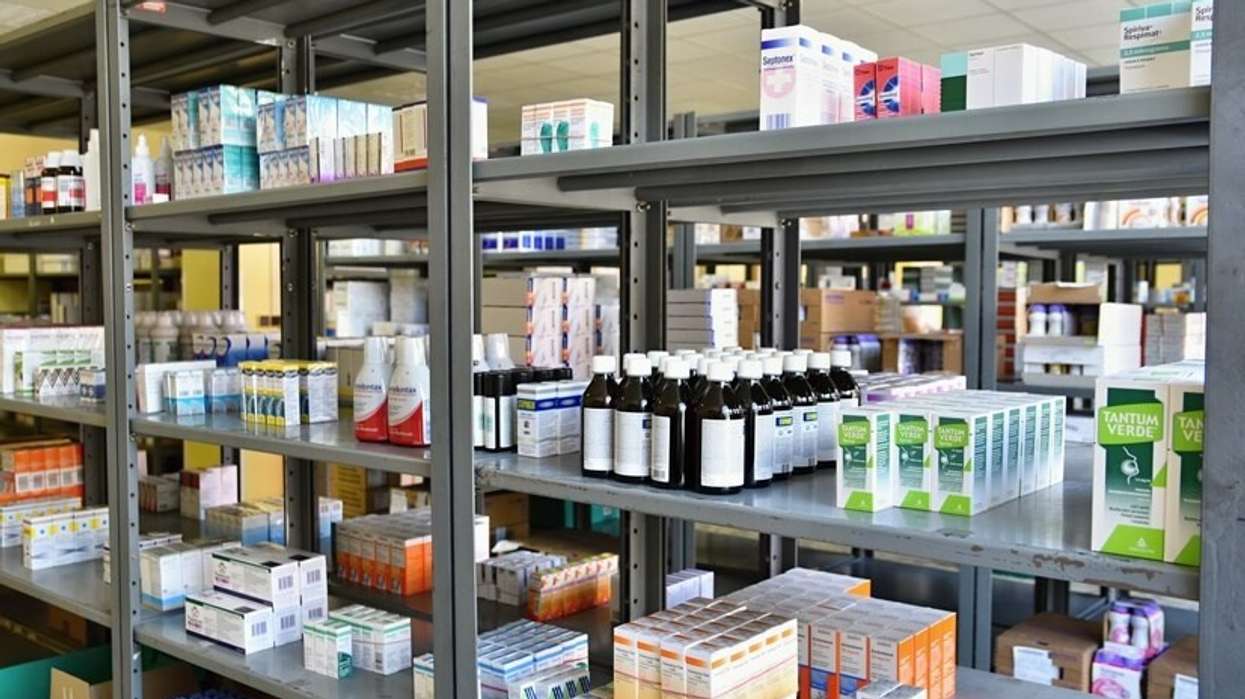Shortage of pharmacists remains a big challenge for community pharmacies as the chief executives of the national community pharmacy bodies met with senior NHS England and NHS Improvement officials to discuss the precarious situation in October-end.
In the last few months, several pharmacy contractors have reported increased staff shortages that caused difficulties in maintaining services, leading to temporary closures in some instances.
The sector is also facing chronic shortage of other staff including van drivers and pharmacy technicians.
During the meeting, NHS England’s director for primary care, Ed Waller, and chief pharmaceutical officer Keith Ridge held talks with leaders from across the pharmacy sector on a variety of topics.
Representatives from the Company Chemists’ Association, the National Pharmacy Association, the Association of Independent Multiple pharmacies and the Pharmaceutical Services Negotiating Committee took part in the discussion.
Highlighting the critical shortage of pharmacists and pharmacy technicians in the sector, pharmacy bodies said in a joint statement: “This situation risks jeopardising patients’ access to care and cannot be allowed to continue.
“It is therefore vital that these cross-sector conversations with NHS England and NHS Improvement result in solutions to address the matter – both the immediate pinch on capacity and the longer term challenges.”
Besides contractors, the workforce crisis is a big challenge for the Local Pharmaceutical Committee (LPC), as the matter was discussed extensively at a recent LPC Conference, Alastair Buxton, director of NHS Services at PSNC said.
He added that PSNC is continuing to raise this issue, including with the pharmacy minister, along with the concerns over financial burden on contractors due to the significant rises in wages.
Buxton said: “We expect this to be a critical topic in our upcoming negotiations on Year 4 of the five-year CPCF deal, but as the cross-sector group on workforce has already identified – there are not going to be any easy, short-term fixes, and this will require long-term effort from across the sector, NHS and Government.”
All parties agreed to develop a collaborative plan to ensure availability of pharmacists and other staff in pharmacies, to guarantee uninterrupted patient care and the development of services.











